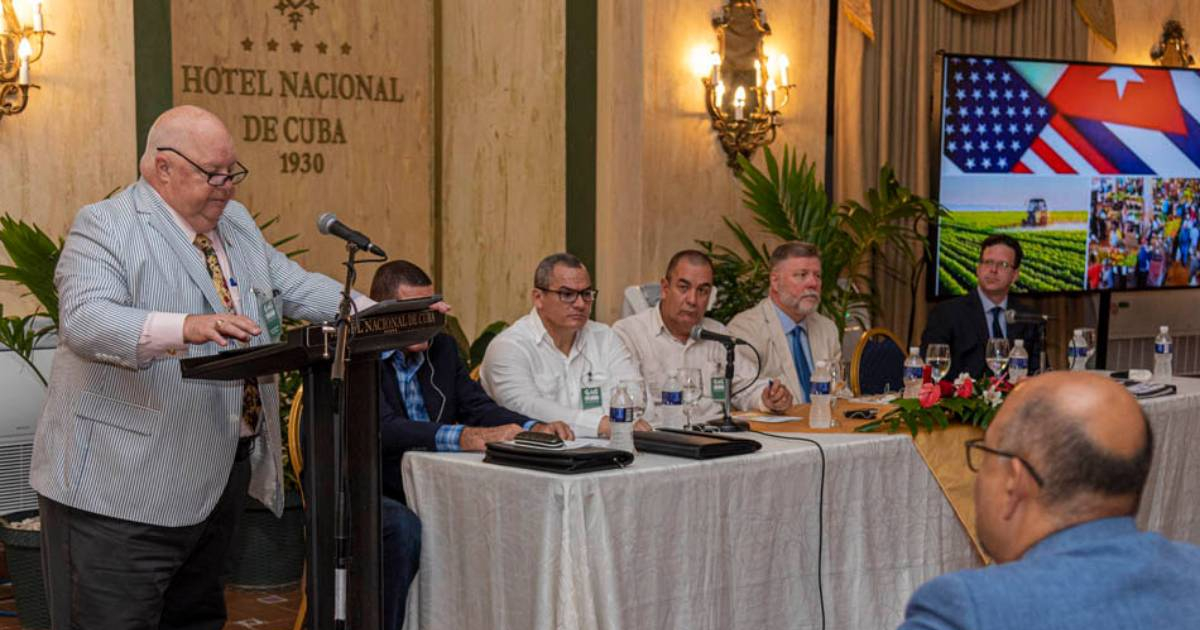
Politicians and businessmen from the United States and Cuba began a new round of dialogue in Havana to identify business opportunities in the island's depressed agricultural sector.
The conversations between representatives of both countries occur in the midst of an acute food crisis in Cuba, which leaves thousands of families without access to basic products such as milk, bread or coffee.
US Congressman Rick Crawford He highlighted the importance of these meetings as a sign of progress, although he admitted that "they are still not where they would like," in reference to the few results that these conversations have had, which are becoming regularized.
Crawford emphasized that the food safety is an essential pillar of the National security for any country. He celebrated the growing support in the United States for initiatives that seek to normalize economic and commercial relations with Cuba.
Paul Johnson, leader of the US-Cuba Agricultural Coalition ("Focus Cuba"), recalled that the institution has been working without interruptions for ten years. He expressed his hope that beneficial projects for both countries will be carried out.
The United States delegation is made up of agricultural representatives from various parts of the country, while the Cuban part includes government officials and representatives of micro, small and medium-sized businesses.
In February, a delegation of US officials visited Havana to assess possible opportunities for investments in the agricultural sector.
The National Association of State Departments of Agriculture (NASDA) said that the objective of the meeting was to unravel the possible trade barriers faced by American agricultural products, and optimize the political dynamics that govern bilateral trade.
The Cuban official press insists that current commercial interactions in agriculture, between Cuba and the United States, are carried out under "disadvantageous conditions" due to the impositions of anti-Cuban sectors.
They emphasize that the activism of North American farmers was key to the approval of the Sanctions Reform and Export Expansion law in 2000, allowing Cuba to buy food in the United States.
Among these products would be chicken, a food that has saved the diet of thousands of Cubans in the midst of the current shortage, the only meat to which most Cubans eventually have access.
The regime has said that 80% of the agricultural area in the country is operated by forms of private management, including more than 3,000 cooperatives and some 404,400 landholders organized in more than 405 thousand farms.
These data reflect a diversified and broad agricultural panorama, fundamental for the development of the projects discussed in these meetings with businessmen from the United States.
What do you think?
COMMENTFiled in: